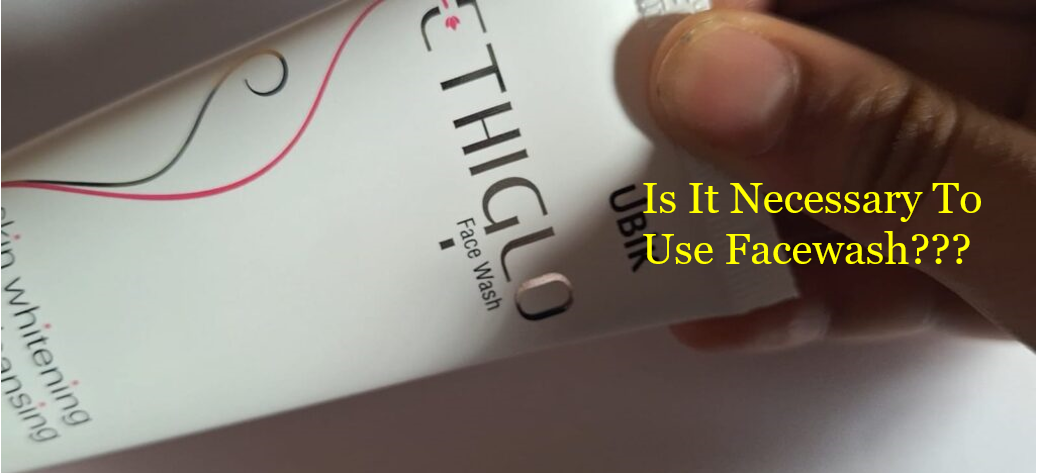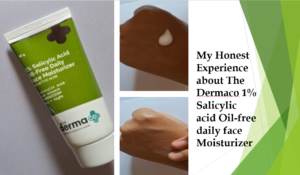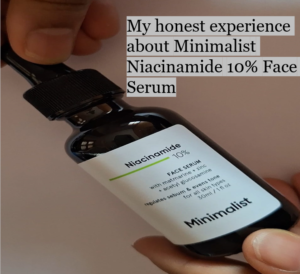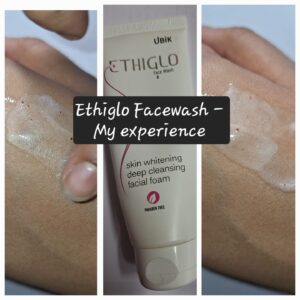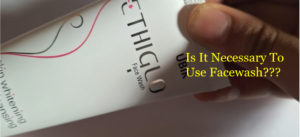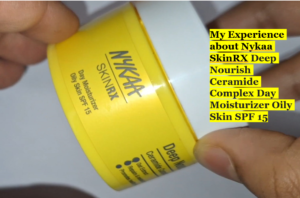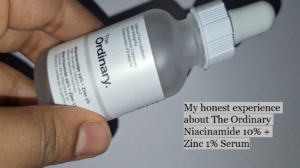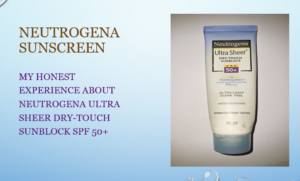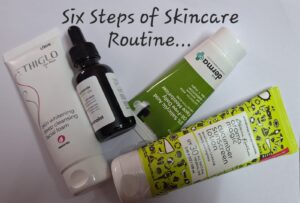In my previous blog post Skincare Routine in Six Basic Steps , I mentioned the first step in skincare routine is cleansing the face. But is it necessary to use a facewash? Isn’t a soap enough? What are the benefits of facewash? and to find answers for all the remaining questions, I have written this post covering all the details briefly.
The Role of Facewash
Facewashes helps in:
- Removing dirt and Impurities: Our skin picks up pollutants, oil, sweat, and dirt during the day. These pollutants are efficiently removed by an effective face cleanser, avoiding clogged pores and possible outbreaks.
- Prepares the Skin: When you wash your face, it becomes a clean surface so toners, serums, and moisturizers may work to penetrate more deeply.
- Preserves Skin Health: Consistent use of a face wash helps preserve the natural balance of the skin and guards against problems including irritation, dullness, and acne.
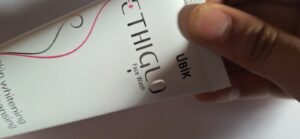
Why Facewash is Better Than Soap
- Formulation Differences
- Facewash: Specifically formulated to suit the delicate skin on your face. It often contains gentle surfactants, moisturizers, and active ingredients tailored for various skin types (oily, dry, sensitive). This ensures that the cleanser removes impurities without disrupting the skin’s natural barrier.
- Soap: Traditional bar soaps are generally formulated for the body and may be too harsh for facial skin. They often contain strong detergents and alkaline ingredients that can strip the skin of its natural oils, leading to dryness and irritation.
- pH Balance
- Facewash: Designed to match the skin’s natural pH level (around 4.5-5.5), which helps maintain the skin’s acid mantle. This balance is crucial for protecting against environmental damage and bacteria.
- Soap: Many bar soaps have a higher pH level, which can disrupt the skin’s natural acidity, potentially leading to dryness, irritation, and imbalance.
- Hydration
- Facewash: Includes moisturizing agents such as hyaluronic acid, glycerin, or ceramides, which help maintain the skin’s hydration and prevent it from feeling tight or dry.
- Soap: Often lacks hydrating ingredients and can leave the skin feeling parched, especially if used frequently or if it’s not formulated for sensitive skin.
- Targeted Solutions
- Facewash: Comes in various formulations designed to address specific skin concerns, such as acne, aging, or sensitivity. Ingredients like salicylic acid, vitamin C, or calming agents are included to target these issues effectively.
- Soap: Generally provides a one-size-fits-all solution without addressing specific skin issues. It may not effectively tackle conditions like acne or dryness.
- Gentleness
- Facewash: Designed to be gentle on the delicate skin of your face, reducing the risk of irritation and ensuring a thorough cleanse without excessive abrasion.
- Soap: Can be abrasive and may strip away essential oils, leading to potential irritation or sensitivity, especially for those with delicate or reactive skin.
Types of Facewash for Different Skin Types
Choosing the right face wash is crucial for its effectiveness. Here are some recommendations based on skin type:
- Oily Skin: Look for foaming cleansers with ingredients like salicylic acid or benzoyl peroxide to control excess oil and prevent acne.
- Dry Skin: Opt for cream-based or hydrating cleansers containing ingredients like hyaluronic acid or glycerin to maintain moisture.
- Combination Skin: Gel-based cleansers that balance the oily and dry areas of your face work best.
- Sensitive Skin: Choose fragrance-free and hypoallergenic cleansers with soothing ingredients like aloe vera or chamomile.
How to Use Facewash Properly
You will reap the greatest benefits if you use face wash correctly.
- Start with Clean Hands: To prevent the spread of dirt and bacteria to your face, always wash your hands before scrubbing it.
- Use Lukewarm Water: While cold water might not be as effective at removing pollutants, hot water can strip your skin of its natural oils. The most suitable is lukewarm water.
- Application Technique: Use light, circular strokes to gently apply a little amount of face wash to your face. Don’t scrub too hard.
- Rinse Well: To avoid irritation, make sure all product residue is removed.
- Pat Dry: Rather than rubbing your face dry, gently pat it dry with a fresh towel.
Benefits of Regular Face Washing
Regular face washing offers numerous benefits:
- Prevents Acne: Keeping your skin clean and free from excess oil reduces the likelihood of acne breakouts.
- Enhances Skin Appearance: Clean skin is more radiant and youthful-looking.
- Helps with Skincare issues: If you use a facewash with some actives, they help in reducing the related skincare issues that you have.
Common Myths About Face Washing
Let’s disprove the following myths:
Myth 1: It’s Better to Wash More Often: Excessive cleansing may deplete your skin’s natural oils, resulting in dryness and irritation. Usually, twice a day is enough.
Myth 2: Every face wash is the same: Different formulas address different skin requirements. Pick one that complements your skin tone.
Myth 3: Only Women Need Face Wash: Everyone, regardless of gender needs to use facewash. One needs to practice good skincare.
Conclusion
Maintaining clean, healthy skin requires including a face wash in your daily skincare routine. Face washes are designed to be gentler, more effective, and suitable for a range of skin types than regular soap. Through proper product selection and application, you can avert a number of skin problems and improve your complexion in general. So, is using face wash required? Yes, in order to attain and preserve the best possible skin health.
Share your thoughts
What are your thoughts on face wash versus soap? Have you found a particular product that works wonders for your skin? Share your experiences in the comments below! If you have any questions for me kindly comment and ask me. Let’s connect!
For more, read on Hii Charming.
Disclaimer: I am not a Dermatologist or Doctor. This is just my experience that I want to share in this blog. Please consult a dermatologist for professional advice. And the photos that I shared in this blog are the products that I am using, It is not a compulsion for you to do so.
